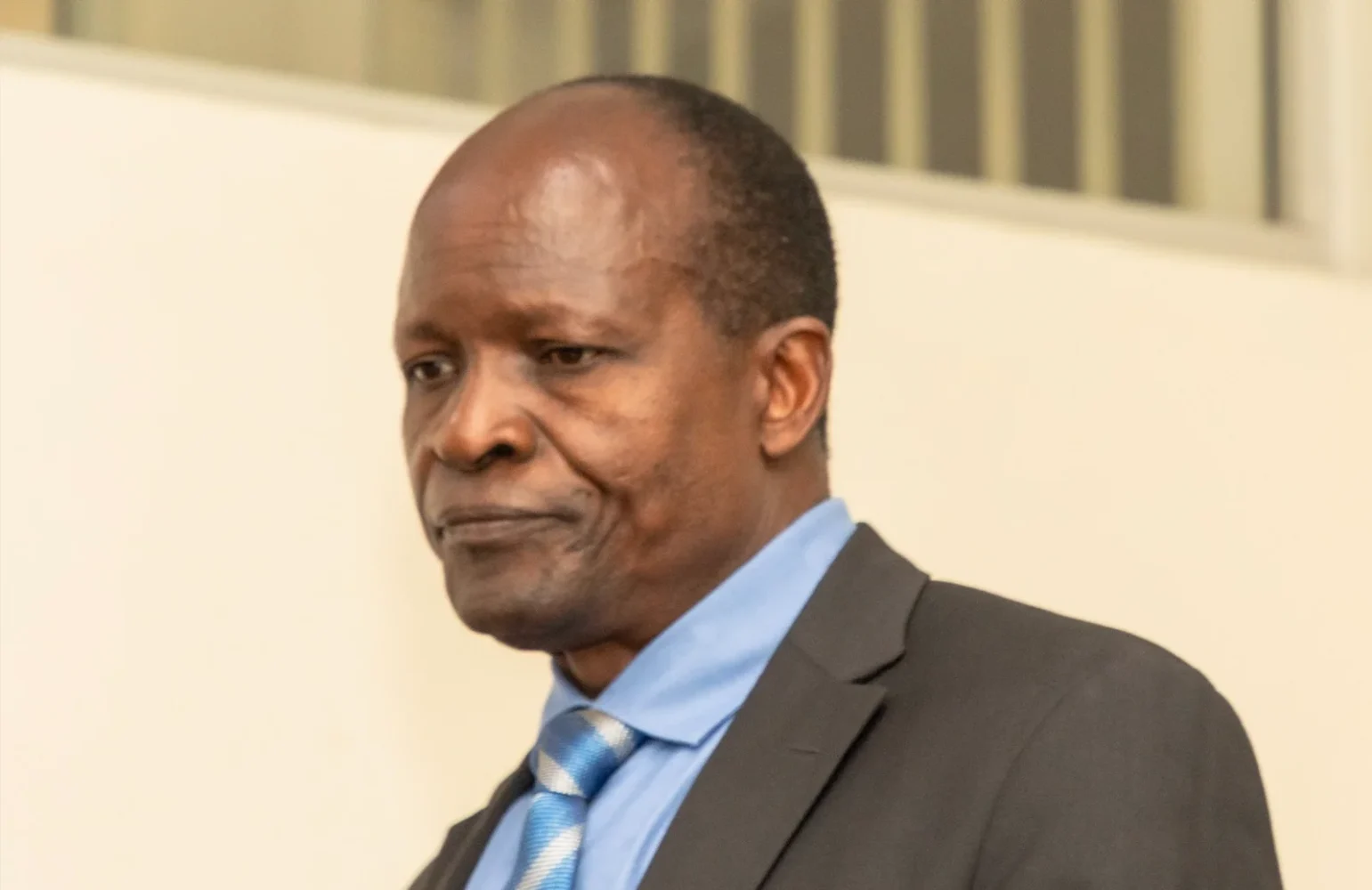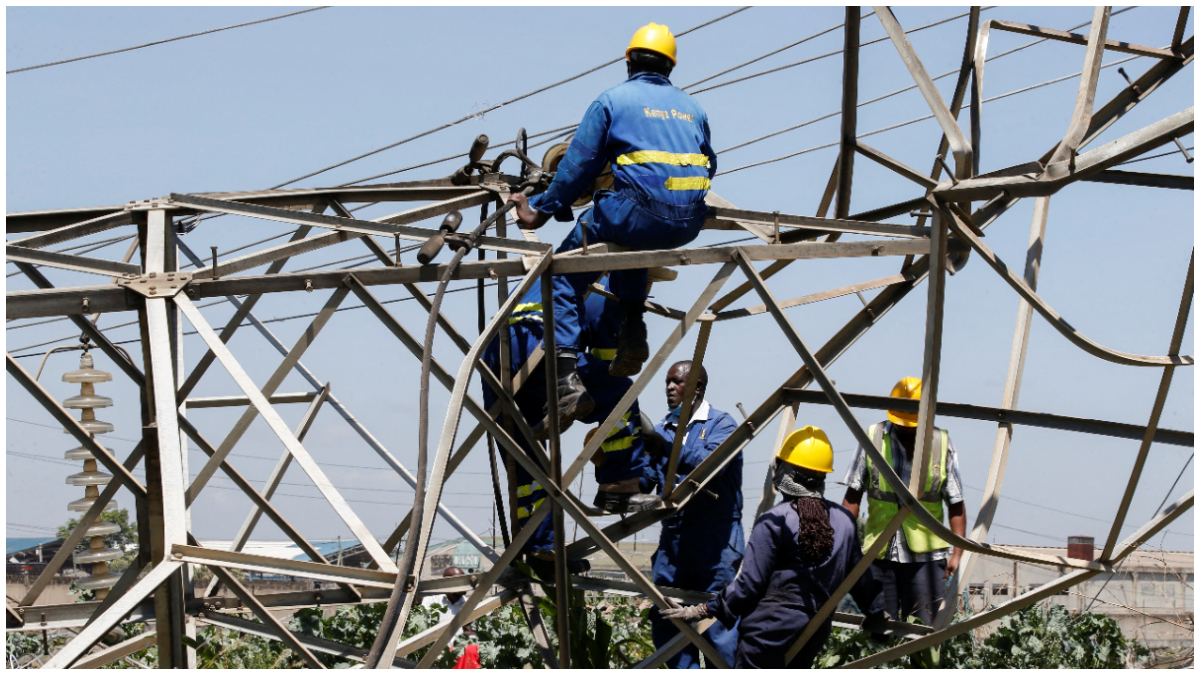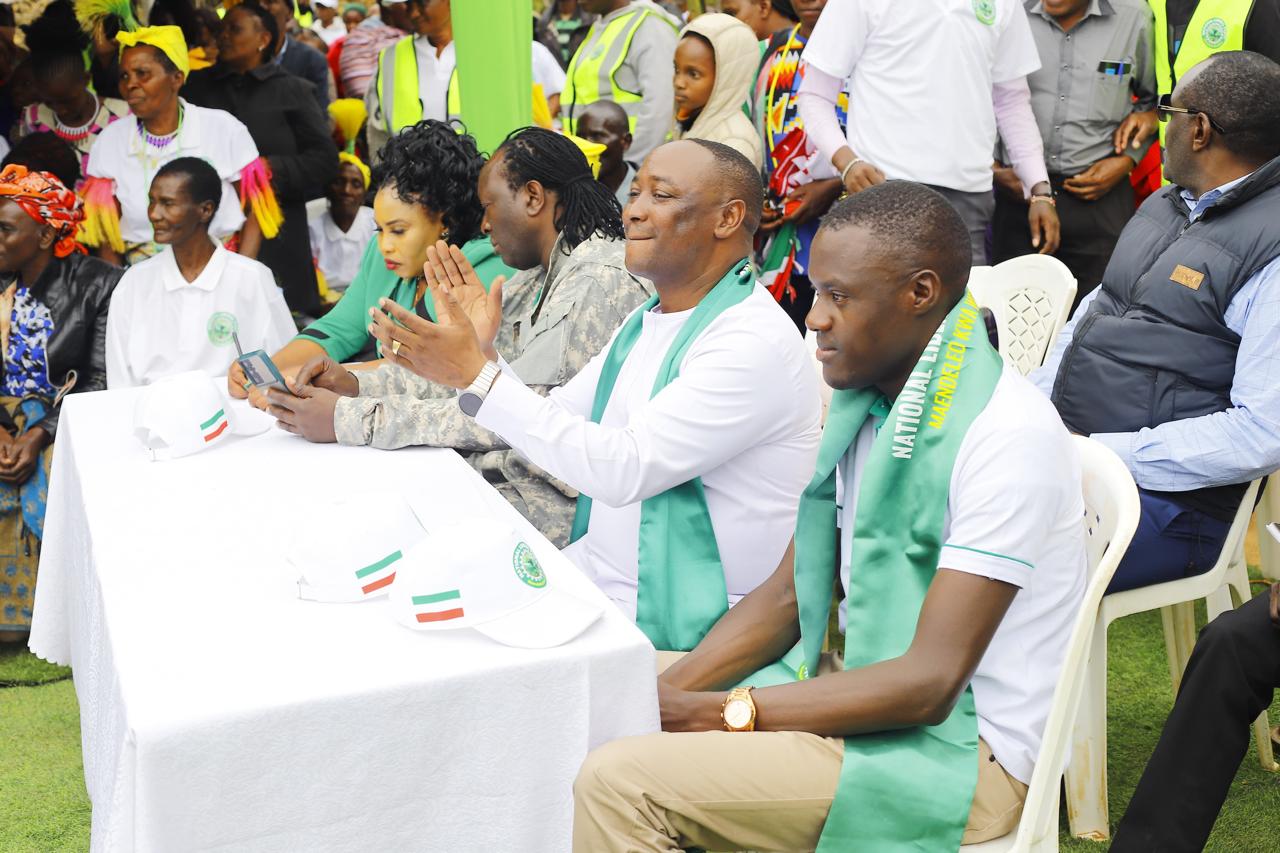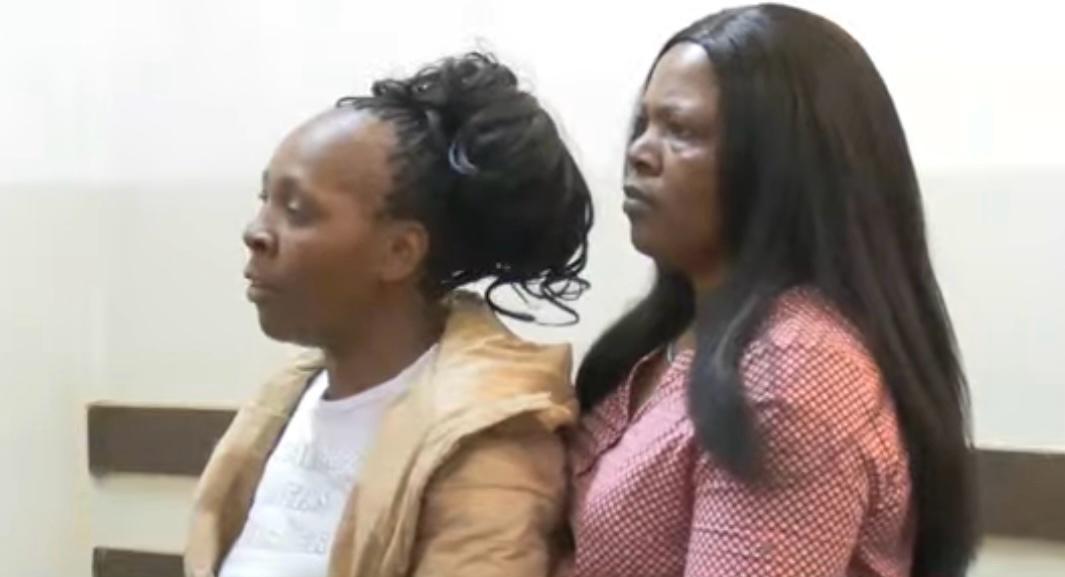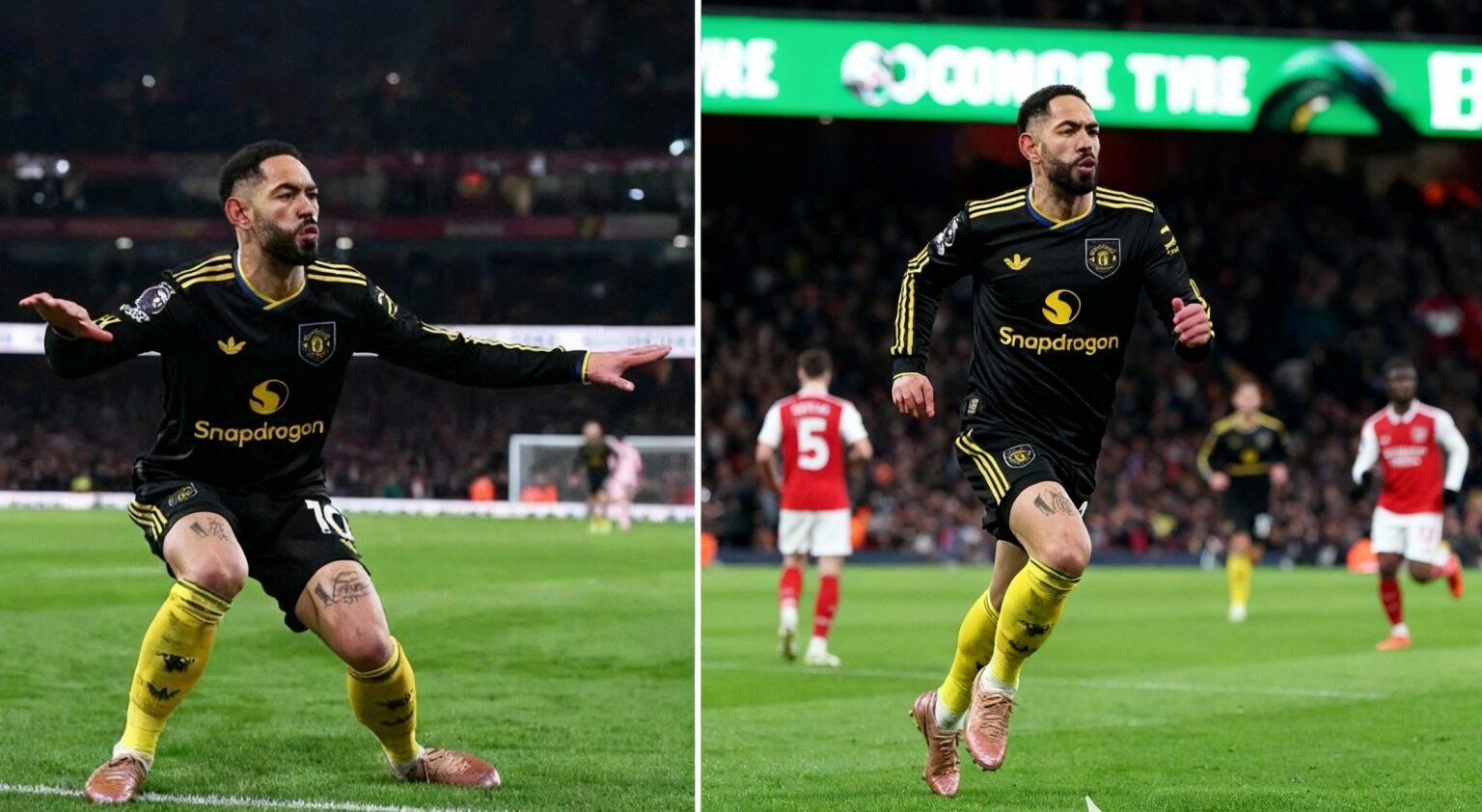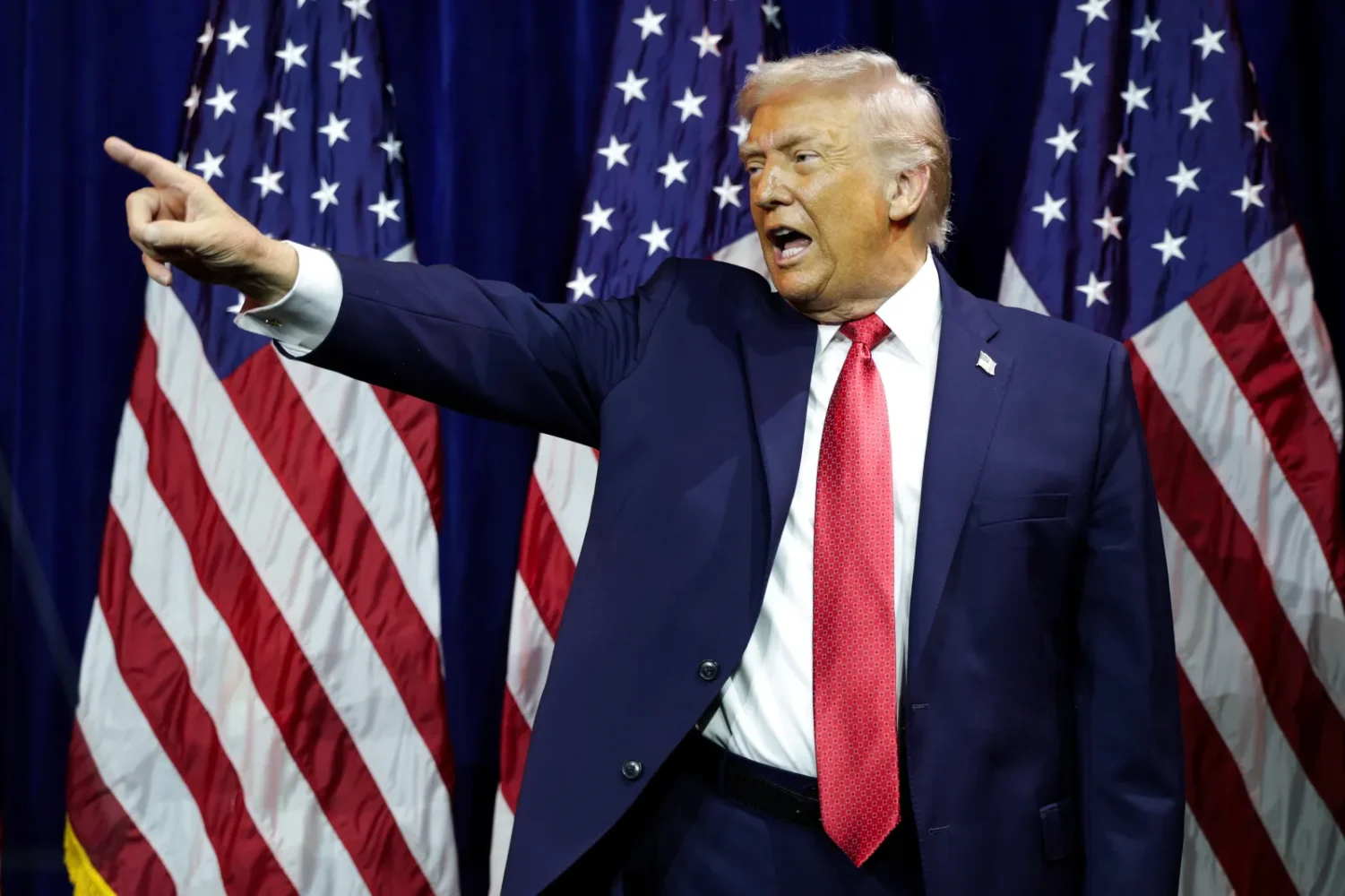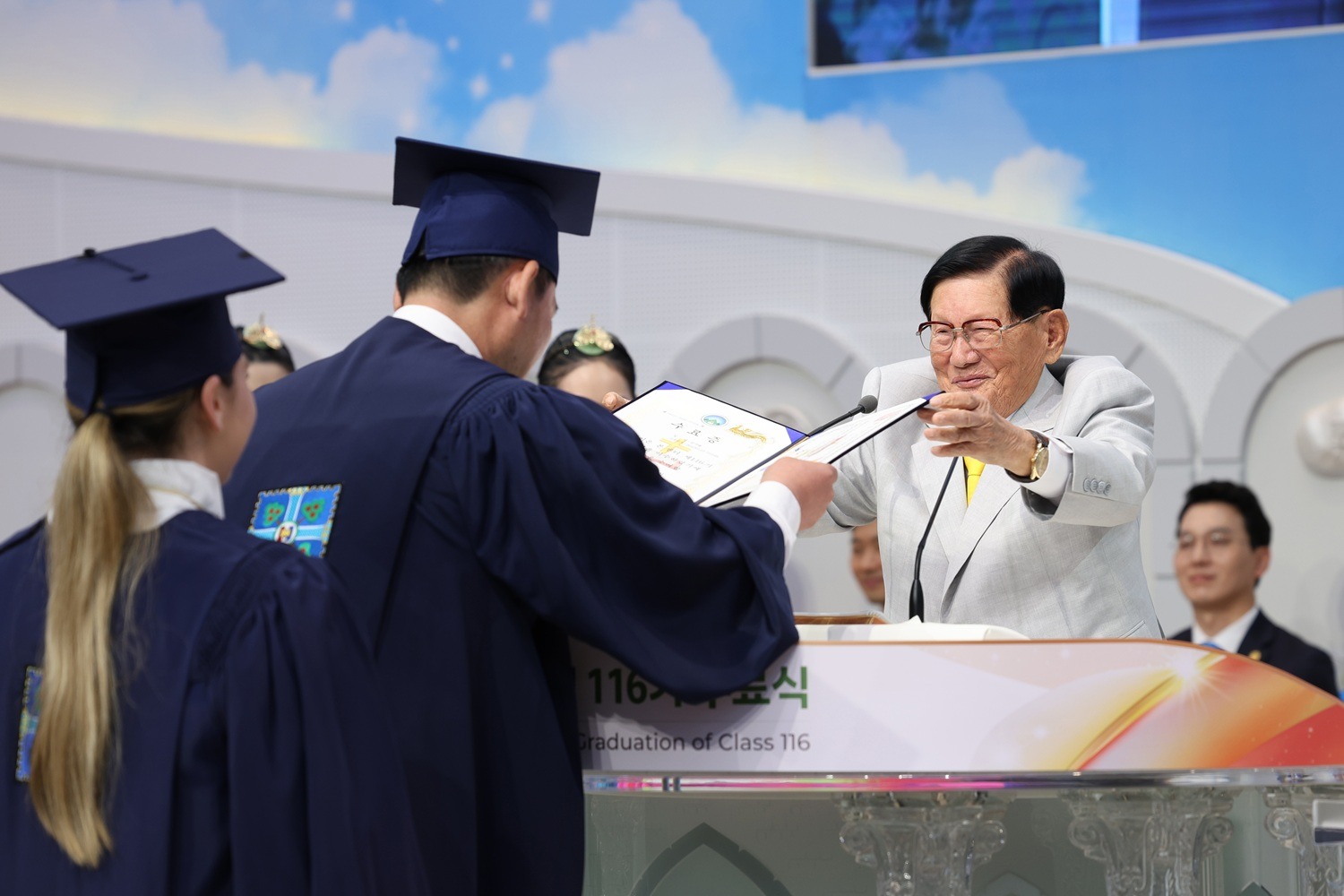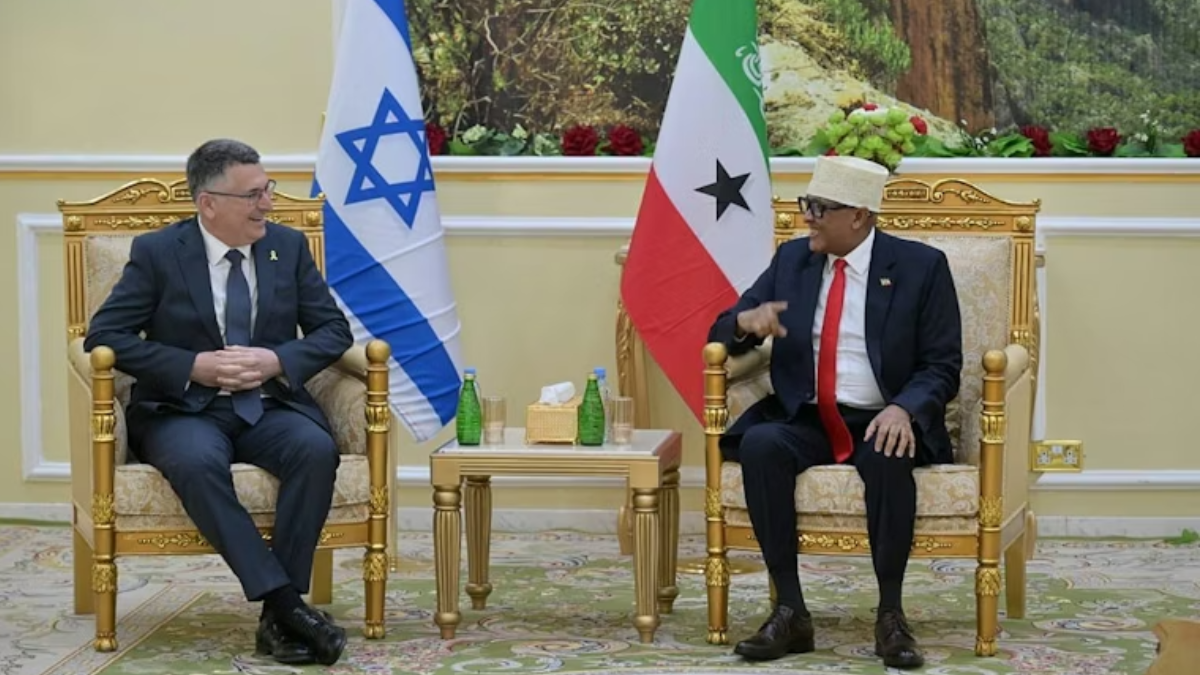A sharp disagreement between the Office of the Director of Public Prosecutions (ODPP) and the Ethics and Anti-Corruption Commission (EACC) played out in court today during the hearing of an application seeking to withdraw corruption charges against former Migori Governor Okoth Obado and others.
EACC told the court it had not signed the plea agreement filed in the matter, raising questions about why the deal was recorded without its approval.
The commission argued that although it attended several negotiation meetings—the last one on 28th August—it was never given a draft agreement to review or seek instructions on.
“The practice has always been that once negotiations are concluded, a draft plea agreement is shared between EACC and the DPP. We requested the draft, but it was never availed to us. We therefore did not have an opportunity to review it or obtain instructions,” EACC’s representatives said, adding that the omission undermined the dispute-resolution mechanism earlier agreed upon.
The prosecution, however, maintained that EACC was fully aware of the plea bargain, noting that its officials attended all negotiation meetings between April and August 2025.
The ODPP insisted that after EACC indicated it lacked instructions to proceed, the prosecution went ahead and signed the plea deal with the accused persons.
“We did not refuse to hand over any agreement. Parties were present at the meetings and were aware that the agreement was to be signed on that day,” the prosecution told the court.
Defense lawyer Kioko Kilikumi, representing Obado, supported the DPP’s position, insisting that EACC is not a mandatory party to such agreements.
“The DPP alone has the constitutional mandate to withdraw charges. EACC cannot control the ODPP. They were merely invited into the process out of courtesy, but it is not mandatory that they sign the agreement,” Kilikumi argued.
According to the defense, the negotiations were always premised on the withdrawal of the criminal case alongside a parallel settlement of civil matters in court.
“This same EACC entered into negotiations with the accused persons, and the starting point was that the criminal case would be withdrawn and the accused would make a settlement in the civil courts,” Kilikumi said.
He added that EACC should not have a role in the plea bargain process, remarking that “next time they should be excluded because they are not part of it.”
The court will now determine whether the application to withdraw the charges will proceed despite EACC’s objections.


